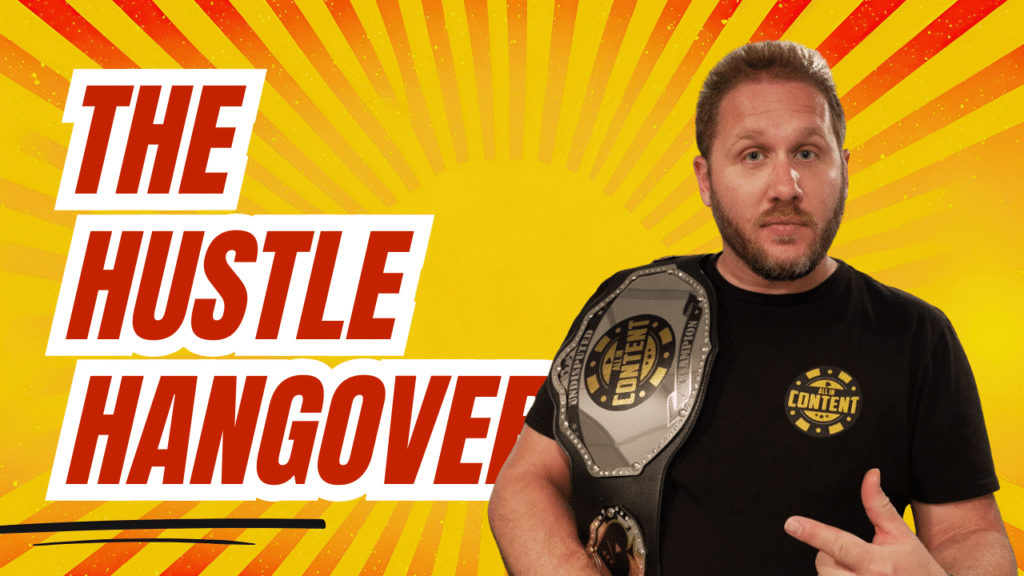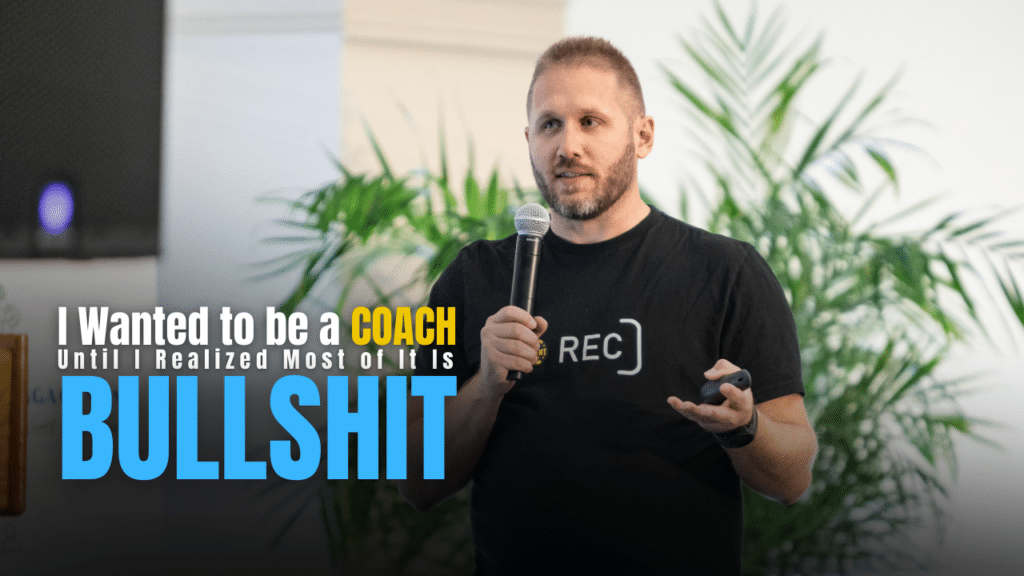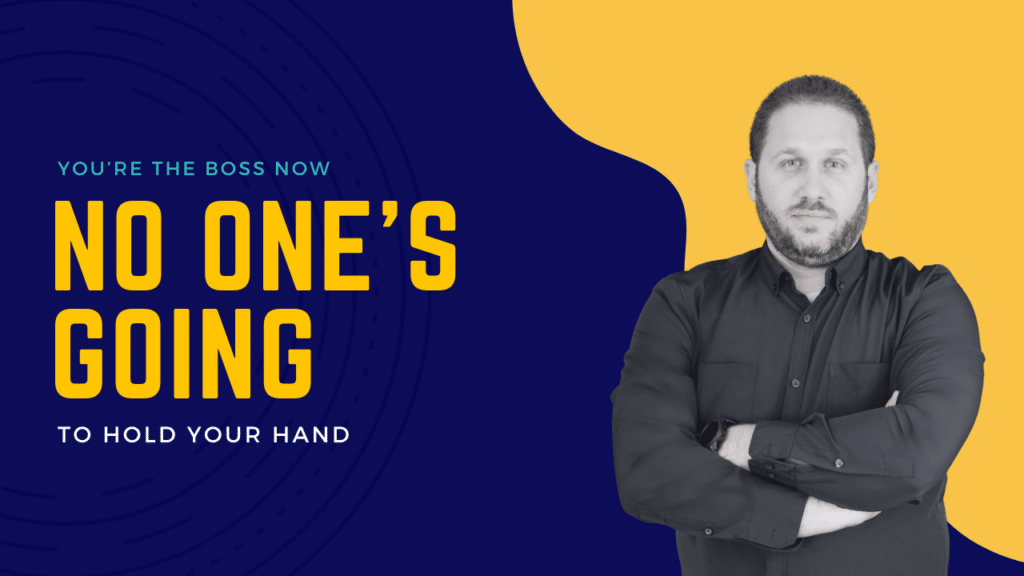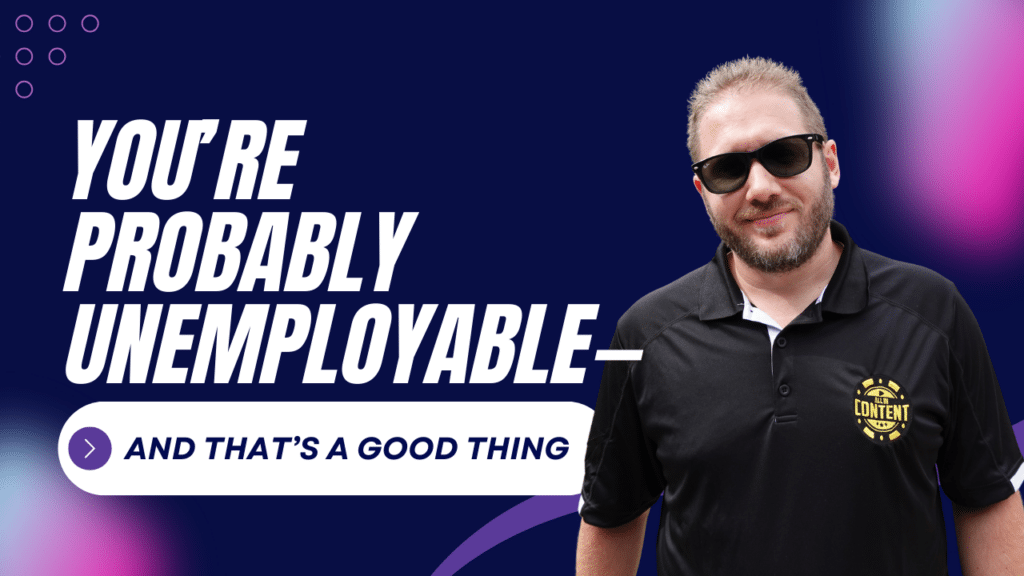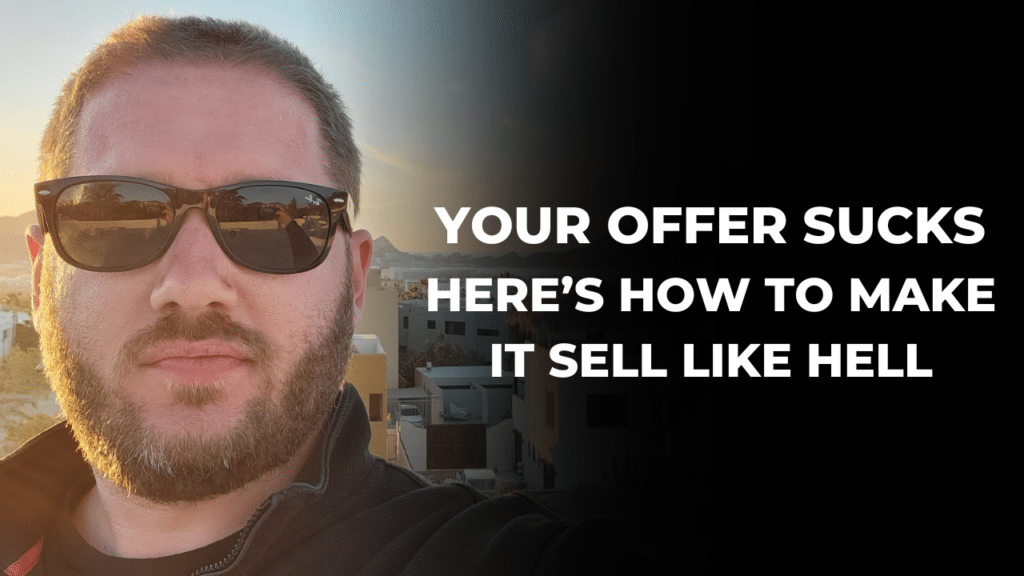Hustle culture has glamorized overworking. Instagram posts of “team no sleep,” late-night grind sessions, and “I’ll rest when I’m dead” mentalities make it seem like success only comes to those who burn the candle at both ends.
But here’s the hard truth: working nonstop isn’t a badge of honor—it’s a fast track to burnout. If you’re constantly running on fumes, it’s time to reassess your priorities and build a work-life balance that actually supports your goals.
The Illusion of the Hustle Badge
Why do so many entrepreneurs wear overwork like it’s a trophy? Here’s why hustle culture keeps you stuck:
- It glorifies busyness: Being busy isn’t the same as being productive, but it feels like progress.
- It feeds the ego: Saying “I worked 80 hours this week” sounds impressive, even if it’s unsustainable.
- It avoids deeper issues: Nonstop work distracts you from addressing inefficiencies or misaligned priorities.
The hustle badge might feel good in the moment, but it’s not worth the long-term cost.
The High Price of Overwork
Hustling nonstop doesn’t just drain your energy—it sabotages your success. Here’s how:
- Burnout: Physical, emotional, and mental exhaustion make it impossible to perform at your best.
- Decreased creativity: Overwork stifles innovation and problem-solving.
- Damaged relationships: Constant grinding leaves little time for family, friends, or self-care.
- Health problems: Chronic stress increases the risk of serious health issues like heart disease and anxiety.
Success isn’t about how much you work—it’s about how well you work.
How to Recover from the Hustle Hangover
If you’re feeling the effects of nonstop hustling, here’s how to reset and reclaim your balance:
1. Assess Your Priorities
- What tasks are truly moving the needle in your business?
- What can you delegate, automate, or eliminate?
2. Schedule Rest as Non-Negotiable
- Block off time for breaks, exercise, and hobbies.
- Treat downtime as a critical part of your strategy—not an afterthought.
3. Learn to Say No
- Stop overcommitting to clients, projects, or events that don’t align with your goals.
- Saying no isn’t selfish—it’s strategic.
4. Redefine Productivity
- Focus on quality over quantity.
- Measure success by outcomes, not hours worked.
The Shift from Hustle to High-Impact Work
Hustling nonstop might feel productive, but real growth comes from high-impact activities. Here’s how to make the shift:
- Automate Repetitive Tasks: Free up time by using tools for invoicing, social media, and customer communication.
- Outsource Low-Value Work: Focus your energy on tasks that only you can do, and delegate the rest.
- Set Boundaries: Define your work hours and stick to them—no exceptions.
- Plan Ahead: Use time-blocking or project management tools to prioritize your most important work.
Signs You’re Over Hustling
Not sure if you’re in a hustle hangover? Look for these signs:
- You feel guilty when you’re not working.
- You can’t remember the last time you took a full day off.
- Your health, relationships, or hobbies have taken a backseat to your business.
- You’re constantly stressed, irritable, or running on autopilot.
If this sounds like you, it’s time to recalibrate.
FAQs
Why is hustle culture so popular among entrepreneurs?
Hustle culture glorifies overwork as a symbol of dedication and success, even though it often leads to burnout and inefficiency.
How do I avoid feeling guilty when I take time off?
Remind yourself that rest is a productivity tool. Recharging your energy allows you to perform better and make smarter decisions.
What’s the difference between hard work and overwork?
Hard work focuses on high-impact tasks and sustainable effort. Overwork is about quantity, often at the expense of quality and well-being.
How do I set boundaries as an entrepreneur?
Clearly define your work hours, communicate them to clients, and stick to them—even if it feels uncomfortable at first.
Can I still be successful if I don’t hustle nonstop?
Absolutely. Many successful entrepreneurs prioritize balance, delegation, and high-impact work over endless grinding.
What’s the best way to recover from burnout?
Start by taking a break to rest and reset. Reassess your priorities, delegate tasks, and focus on building sustainable habits.
Conclusion: A Personal Note from Chris
When I first started my business, I thought hustling 24/7 was the only way to succeed. I wore overwork like a badge of honor, but the reality was, I was running myself into the ground. I was tired, irritable, and—despite all my efforts—stuck.
Here’s what I’ve learned: hustle isn’t the enemy, but hustle without boundaries is. The moment I started working smarter—not harder—everything changed. I found clarity, regained my energy, and started making real progress.
If you’re caught in the hustle hangover, let this be your wake-up call. Rest isn’t weakness—it’s strategy. Take a step back, set boundaries, and focus on what truly matters. Because success isn’t about grinding nonstop—it’s about creating a life and business you’re proud of.
You’ve got this. Now go reclaim your time and crush your goals.

